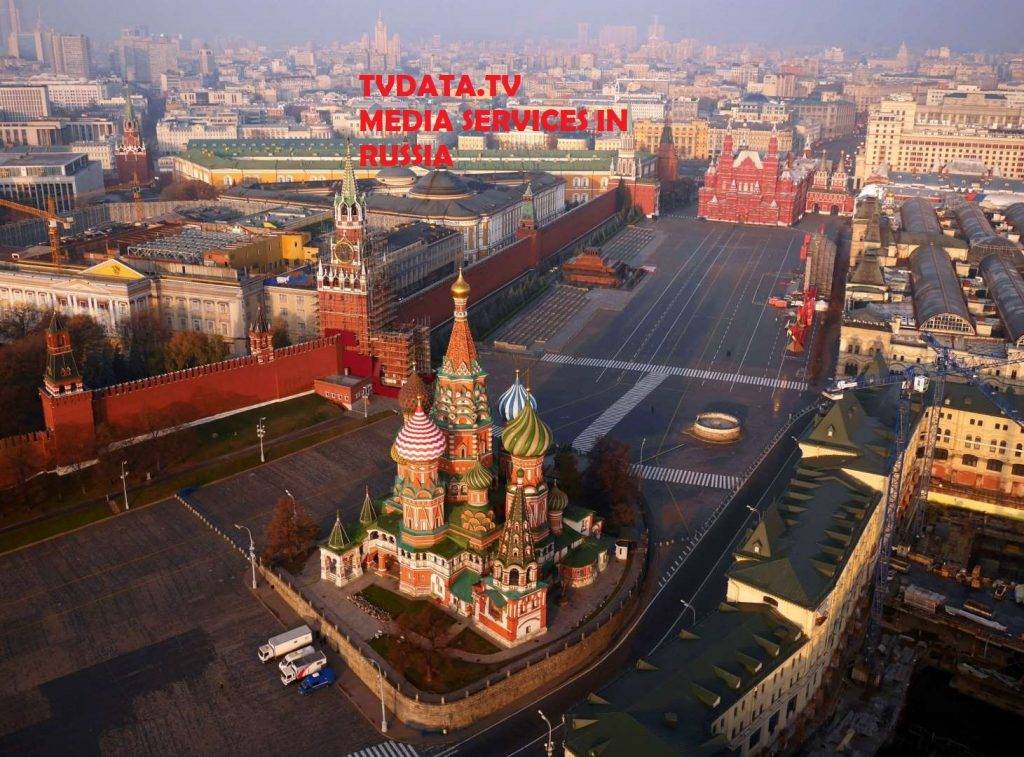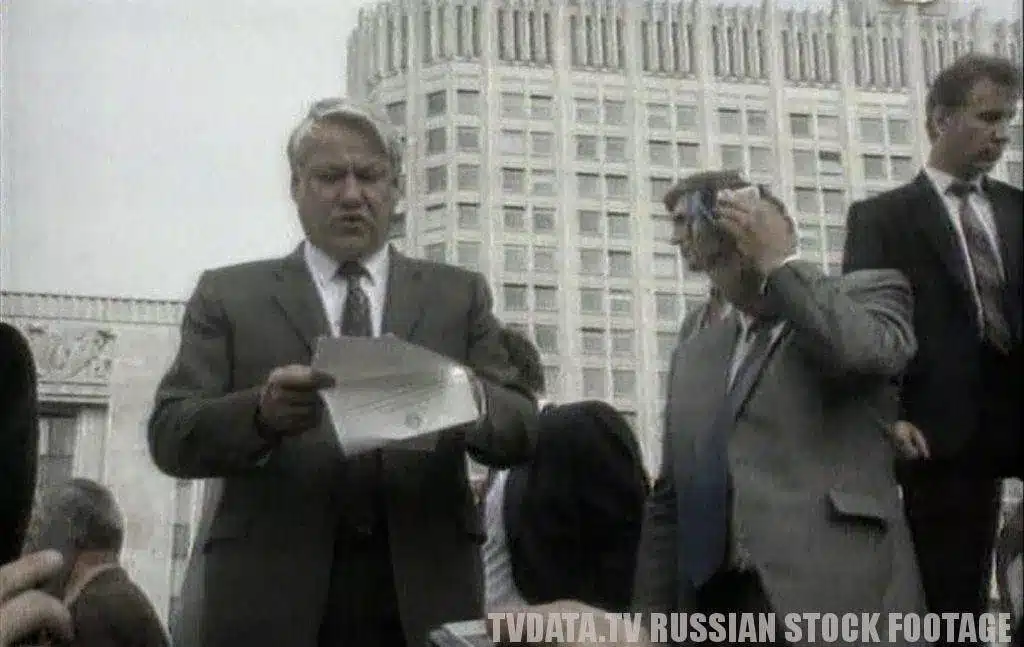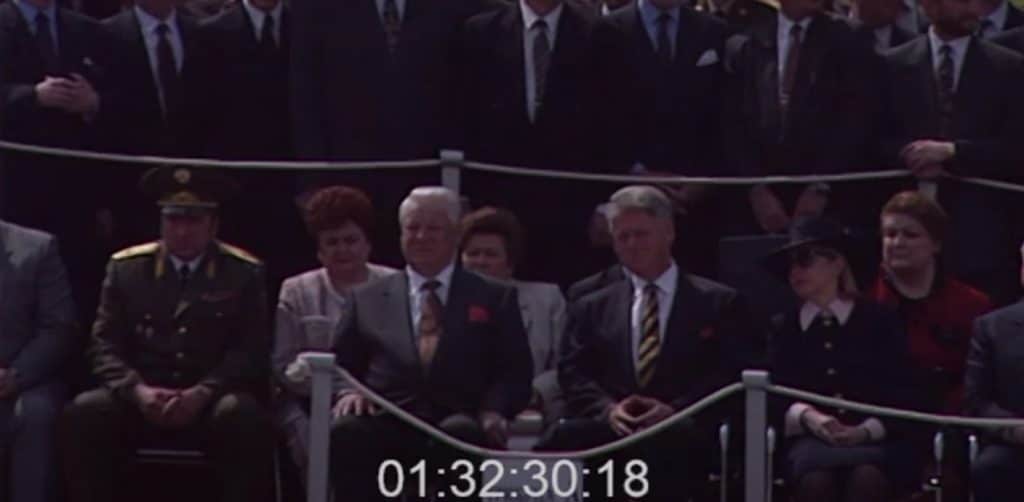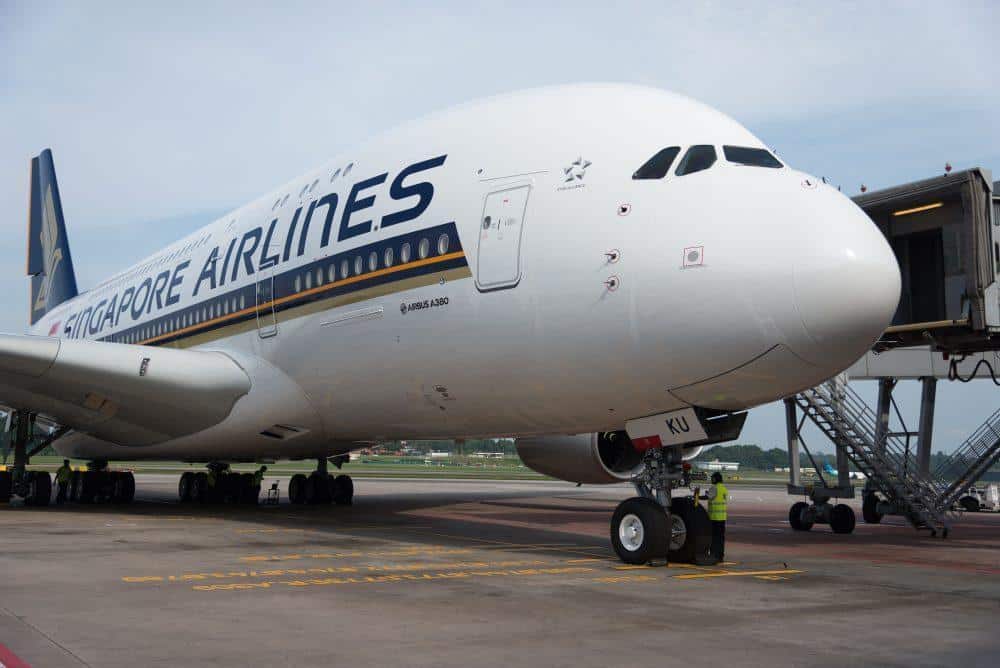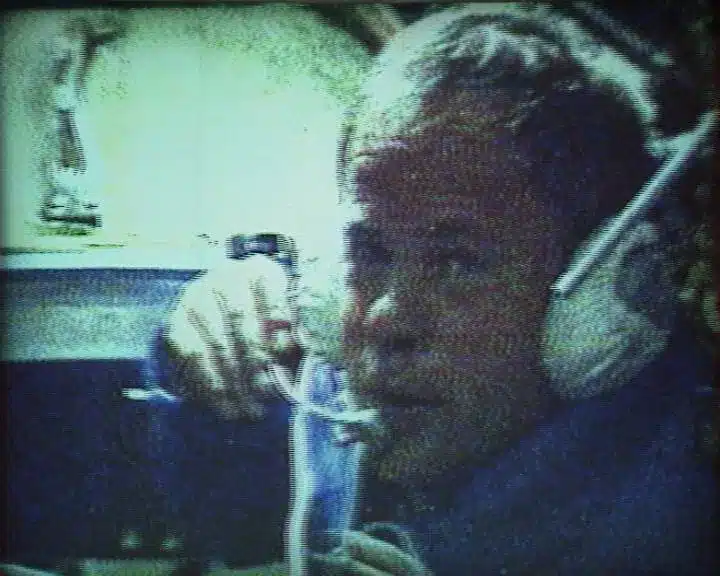The topic of “What Were Russians in Moscow Thinking in 1995” can contribute to a new documentary about the collapse of the USSR in a number of ways.
First, it provides insight into the mindset of the Russian people during a time of significant political and economic change. This perspective can be valuable in understanding the factors that contributed to the collapse of the Soviet Union, as well as the challenges that Russians faced during the transition to a new system.
Unseen footage offers a unique visual perspective of the time period, providing a glimpse into daily life and the cultural atmosphere in Moscow during the mid-1990s.
This footage could be paired with interviews and other archival material to create a compelling narrative about the era.
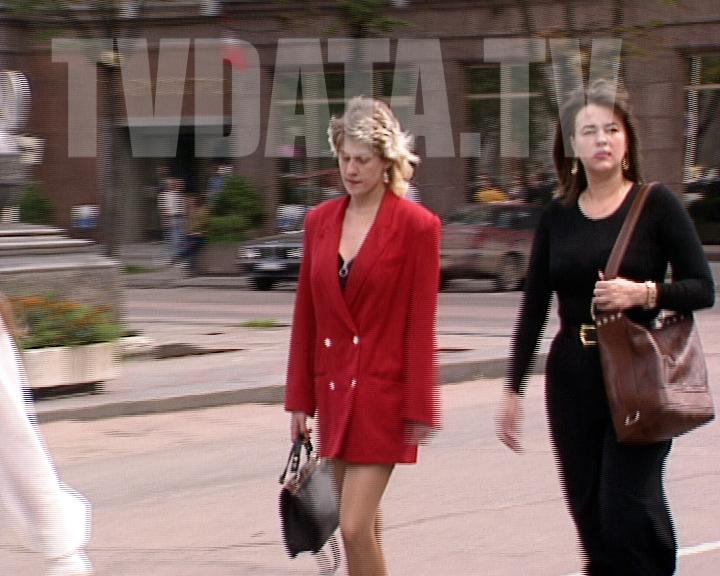
Finally, by exploring the minds of the Russian people during this time, the documentary could shed light on the legacy of the Soviet era and its impact on contemporary Russia. It could explore questions such as how the collapse of the USSR affected Russian identity and culture, and how those effects continue to shape Russian society today.
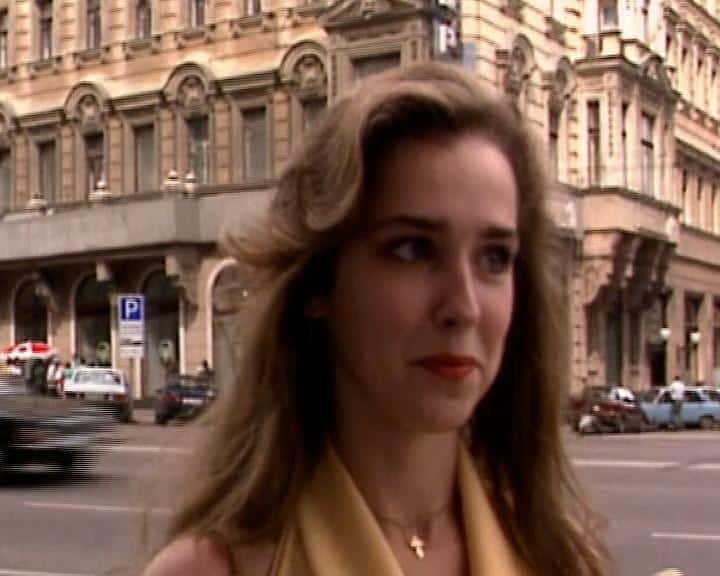
Exploring the Minds of Muscovites in 1995: An Insightful Look into Russian Culture
Overall, a documentary that explores the topic of “What Were Russians in Moscow Thinking in 1995” could offer a unique and valuable perspective on a critical period in Russian history and its ongoing legacy.
In 1995, an interview was conducted with Russians from Moscow regarding their views on fashion and clothing. The interviewee, a woman, stated that she dresses fashionably because she wants to look good and please those around her.
She believes that women are always interested in fashion, including German fashion.
She tries to dress in a way that suits her and is fashionable, and sometimes she even sews her own clothes.
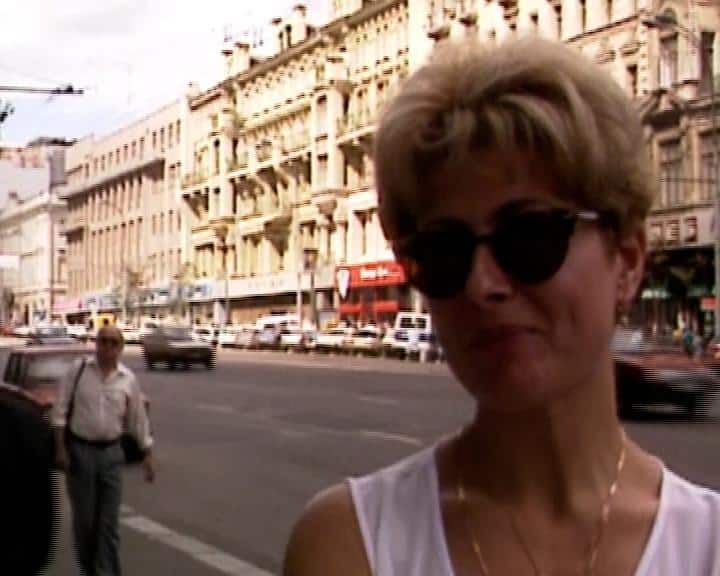
The interviewee thinks that fashion is relevant to life because people want to look good. She and others are interested in fashion every month, and they try to stay up-to-date on the latest trends. They believe that it is interesting to dress well and stay fashionable.
When asked why people have changed their attitudes towards fashion, the interviewee believes that there are now more opportunities to buy things, people have more money, and there is a better selection of clothing available in Moscow.
Additionally, many people are working abroad and have access to more fashionable items. There are also more small factories opening up in Moscow and the surrounding area, so there is more production of clothing. Finally, people are travelling more and are able to purchase clothing while abroad. The interviewee believes that these changes have led to people’s increased interest in fashion and clothing.
#fashion #style #Moscowfashion #sewing #design #trend #beauty #selfcare #travel #Antalya #internationalstyle #shopping #economy #production
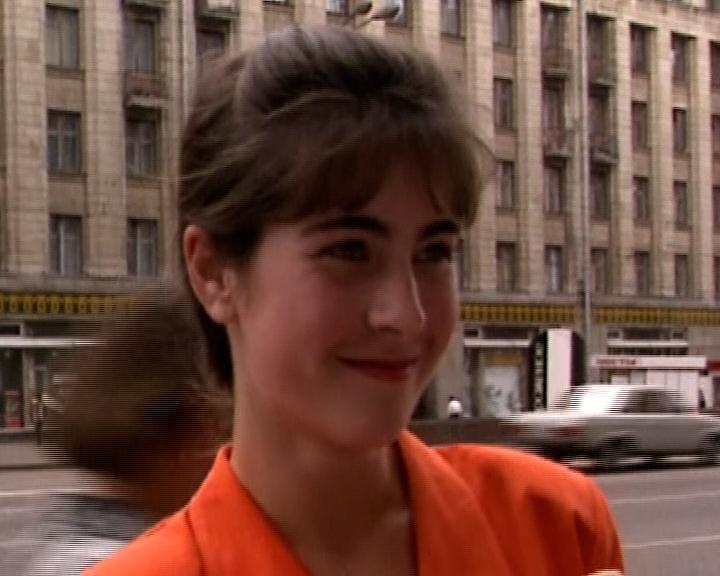
In 1995, Moscow was still in the process of recovering from the collapse of the Soviet Union and the economic and political turmoil that followed.
The city was undergoing rapid changes, with new businesses and buildings popping up alongside the iconic Soviet-era architecture. However, many residents still struggled with poverty and limited opportunities, and crime rates were high. Despite these challenges, Moscow remained a vibrant and culturally rich city, with a thriving arts scene and a deep sense of history. Visitors could explore the city’s many museums, theaters, and galleries, or take a stroll through the picturesque parks and gardens.
